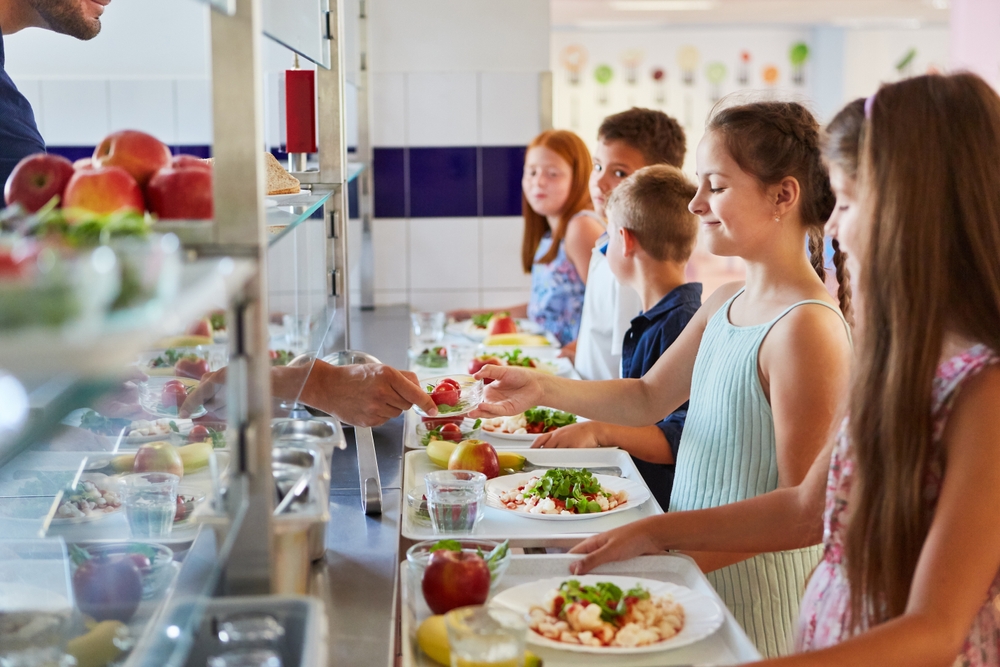Education outside the classroom, through summertime activities rooted in family life, can boost kids’ prospects for the future.
Marco Visscher | April 2009 issue
Karl Alexander, professor of sociology at John Hopkins University in Baltimore, has studied the same group of nearly 800 people for the past 27 years. His research confirms that children from less affluent, less educated backgrounds fare worse in later life than children from more privileged backgrounds. But his work also shows that much of this achievement gap can be traced to the learning kids do during summer vacations. His conclusion: Education outside the classroom, through summertime activities rooted in family life, can boost kids’ prospects for the future.
How did you discover the effects of
the summer break on learning?
“We looked at achievement test scores
at a school where these tests were being
done twice a year over a long period
of time. That way, we’ve learned
that summer vacations cause disadvantaged
children to fall behind, whereas
children from privileged families still
make progress.”
But children from privileged families
don’t spend their summers doing
homework, do they?
“No, but college-educated parents create
a much stronger learning environment.
They have a computer at home, and they
have books, newspapers and magazines
lying around. Children see their parents
read, and at dinner they might discuss
something they’ve read. Low-income
families are less likely to read books; go
to the library, museum or theater; take
music lessons; or do organized sports activities.
Yet these experiences make a difference,
with a visit to the library being
the most discriminating factor of all.”
What can be done?
“Two things. We can help disadvantaged
parents be more effective so their children
can become more successful in
school. These parents typically want the
same for their kids as others, but they
don’t have the means. We can encourage
them to get library cards or become
more active in school. We can help them
understand it’s important for their kids to
have a quiet space to do homework and
have them monitor the homework.”
And the other thing?
“While more and more schools offer
summer programs with intensive study,
these are mainly focused on remediation,
not on enrichment. Furthermore,
these programs are often thought of as
a luxury. In times of tightened budgets,
they are among the fi rst to go. I believe
there’s a need for summer programs
with a deep commitment to make
them work. This way, we can bridge the
achievement gap.”
Or maybe just say goodbye to
summer vacation?
“Well, personally I would prefer a longer
school year, but we do what we do.
We’ve grown up with long summer
breaks and we now take them for granted.
I don’t think teachers would like to
give them up.”












